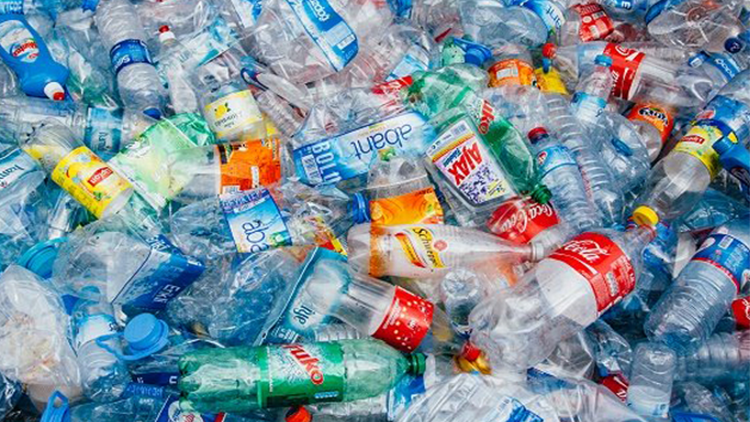A United Nations resolution to end plastic pollution has been endorsed by 175 countries.
The UN Environment Assembly (UNEA-5) held in Nairobi last week saw international support for the resolution, which will address the full lifecycle of plastic – its production, design and disposal.
UN Environment Programme (UNEP) executive director, Inger Andersen, put the resolution on a par with the significance of the climate treaty reached in Paris in 2015.
“Today marks a triumph by planet earth over single-use plastics. This is the most significant environmental multilateral deal since the Paris accord. It is an insurance policy for this generation and future ones, so they may live with plastic and not be doomed by it,” he said.
Andersen stated UNEP is open to working with the private sector to mobilise finance to end plastic pollution and boost the circular economy: “Let it be clear that the Intergovernmental Negotiating Committee’s mandate does not grant any stakeholder a two-year pause. In parallel to negotiations over an international binding agreement, UNEP will work with any willing government and business across the value chain to shift away from single-use plastics, as well as to mobilise private finance and remove barriers to investments in research and in a new circular economy.”
A draft legally binding agreement will be completed this year by a newly established Intergovernmental Negotiating Committee (INC), with a view to it being written into law by 2024. The legally binding instrument is expected to cover the design of reusable and recyclable products and materials. It is also expected to address the need for enhanced international collaboration to facilitate access to technology, capacity building and scientific and technical cooperation.
Read more:- Plastic use causes greenwashing concerns for fast fashion
A UNEP conference at the end of 2022, alongside the first session of the INC, will see stakeholders from across the globe sharing knowledge and best practice on ending plastic pollution.
BlackRock’s Sumana Manohar, co-manager of the BGF Circular Economy Fund, noted the important role circular economy plays in addressing global issues like plastic pollution.
“Awareness is growing that the current economic model is reaching its limits, being the root cause of global challenges including climate change, biodiversity loss, and plastic pollution,” she said.
“A consensus is rapidly building that the circular economy offers a route to prosperity that responds to these global imperatives. As a powerful theme, this positive, innovation-centred vision for the future of the economy is increasingly top of mind for business leaders and policymakers, being a strategic priority for some of the largest companies in the world, and central to major new policy packages.
“Circular economy is also increasingly high on the agendas of major international events. Whilst plastic is an important factor, action is not restricted to plastics – as it is happening across different sectors.”








